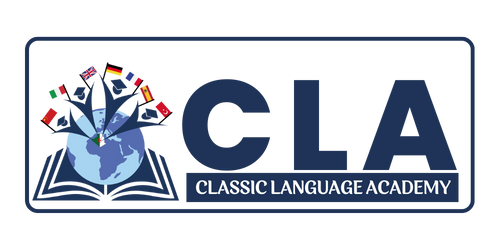First and foremost, the priority of any learner should be to lay a firm base and therefore learning a second language should begin with the following:
Vocabulary: Words and phrases essential in daily interaction such as greetings, numbers, colors, days of the week and some verbs like ‘sein’ (to be) and ‘haben’ (to have).
Grammar Rules: Learn about the structure of German sentences, the arrangement of words in German phrases, masculine, feminine and neuter nouns with their respective definite articles (der, die, das).
Pronunciation: It is advised that you use language apps that have the audio feature or even videos of German speaking individuals so as to learn the articulation of words. German pronunciation is quite phonetic so one need practice a lot.
Master Intermediate Skills (B1-B2)
Having attained the intermediate level, seek to perfect your grammar and enrich your lexicon:
Complex Grammar Rules: Dummy subjects, infinitives, and verb tenses or phrases that convey the same meaning and are grammatical will be common at this stage.
Listening Comprehension: Give yourself a challenge and try reading children’s or pictures books in German as well as short stories. Reading materials in accordance to your levels are also provided on the Lingoda website.
Systematized Courses: If you find it necessary to get a grammatical command of the language, in addition to vocabulary, you may do a course at the Goethe Institute or other providers offering a B1-B2 course on Udemy or Coursera.
Focus on Advanced Skills (C1-C2)
At C level, the goal is to speak, listen, read and write at the most advanced; you will want to:
Tailor Your Training: Concentrate on particular learning objectives, for example, business German, terminology, or style. Advanced preparatory courses at the Goethe Institute are available to such students.
Practice the Language: Try going to Germany or taking an extended online course. During this period, you will likely hear different dialects and more complicated linguistics.
Advanced Writing and Listening: Write essays, read newspapers, and listen to advanced podcasts or news reports to develop fluency.

